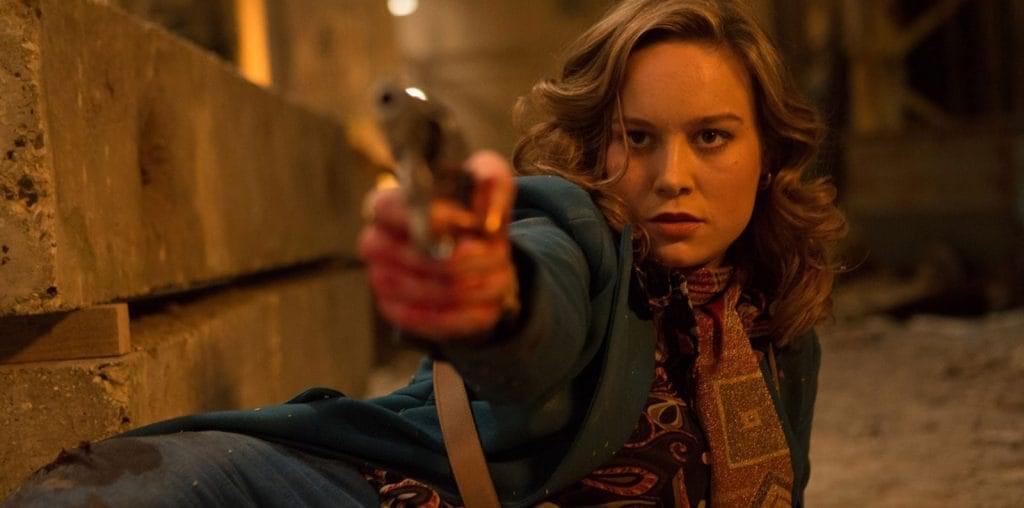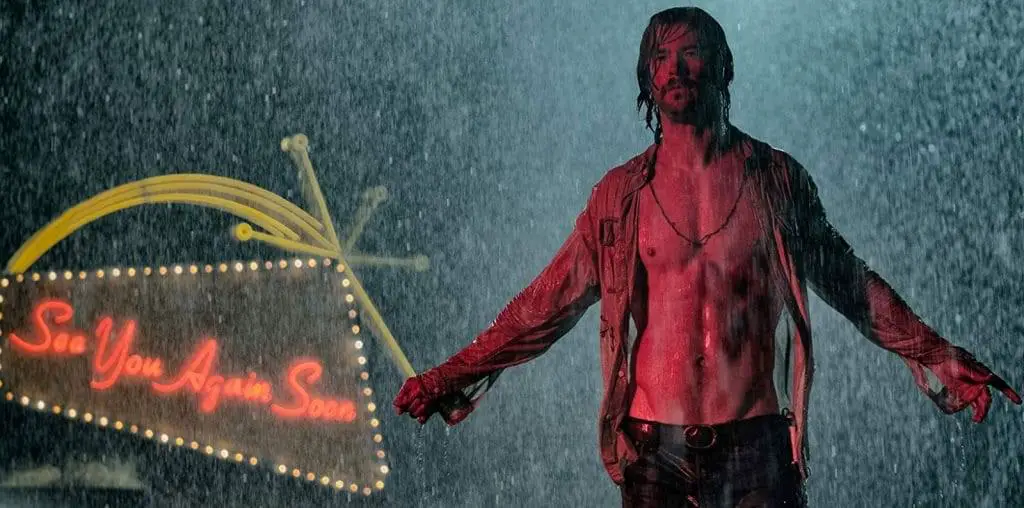
Yellow tracksuit, the legendary Hattori Hanzo katana sword, and P***y Wagon—If you mention one of these things, you’re guaranteed that everybody will know who you’re talking about – The Bride, aka Black Mamba, aka Beatrix Kiddo. Created by Quentin Tarantino and Uma Thurman, and excellently performed by said actress, this female assassin became an iconic figure known as one of the most influential female characters in film discourse, when Kill Bill Vol. 1 premiered in 2003.
After recently watching both volumes again, Beatrix Kiddo made me think of how female revenge is presented in cinema. Vengeful ladies were always in the film discourse. What first comes to mind is Thelma & Louise, First Wives Club, Lady Vengeance, or, of course, Beatrix Kiddo. Her outright, deliberate, carefully planned revenge is the entire plot of Kill Bill Volume 1 and 2. When the character was born in the minds of Tarantino and Thurman, it was way before the #MeToo movement, Time’s Up, and women gathering together to march for their body autonomy, freedom, and womanhood. There are some questions, and I want to find the answers.
How does the character of Beatrix Kiddo work in the #MeToo culture? How does she compare to other female characters who are legendary for their acts of revenge? And what are the statistics saying about the violence and its impact on the female portion of society?
The Character of Beatrix Kiddo Vs. #MeToo
Beatrix Kiddo is the embodiment of the #MeToo movement. Thurman’s character works for women who are often victims of domestic and mental abuse, and her strength gives them the empowerment they need to try and break free.

“When the character was born in the minds of Tarantino and Thurman, it was way before the #MeToo movement…”
She was one character that fascinated me from the very beginning. I still remember watching the movie with my dad for the first time. My mom was beyond furious. In her defense, I was about 11-years-old. The pull towards strong women who dream about a fair treatment has stayed with me to this day. Kiddo embodies everything that modern women desire: strength, skill, and ability to stand up for herself.
Thurman’s character is very influential when it comes to the traits just mentioned. The reactions of women further prove this point and the fantastic impact of the determined Kiddo. I may risk saying this, but I believe that Thurman’s character was ahead of her time. There is a possibility that she would be considered one of the iconic female roles associated with the #MeToo movement if created in the last few years. Kiddo’s impact continues to grow even now, reaching a younger generation who is just discovering the Kill Bill franchise (it’s currently streaming on Netflix).
Thurman herself admits that women still come up to her to thank her. They say that Beatrix Kiddo helped them put a stop to the struggle and oppression they were facing – often from an abusive boyfriend. Kiddo helped them feel empowered. At the Karlovy Vary Film Festival in 2017 (via Variety), she said, “the film released in them some survival energy that was helpful, and that is probably one of the most gratifying things that I have ever experienced in response to a piece of art.”



If you want to stick with the Kill Bill narrative, O-Ren watched her whole family get slaughtered and she worked her way to the top just to, you know, SHOW ’em.